The grand gesture is dead—or at least, that’s what a growing number of disillusioned romantics are declaring. In an era where social media has turned proposals into performative spectacles (think flash mobs at airports or ring boxes hidden in dessert plates), a quiet rebellion is brewing. Dubbed the "Anti-Proposal Movement," this shift isn’t about rejecting marriage but rather rejecting the stale, pressure-cooked theatrics that have come to define "the question." What’s emerging instead is something far more intriguing: a return to intimacy, spontaneity, and the gloriously unpredictable beats of human connection.
Performance Fatigue and the Rise of the Unscripted Moment
Scroll through any platform, and you’ll spot them: the hyper-produced, camera-ready proposals designed to break the internet. There’s the influencer who hired a drone to deliver a ring over a volcano (insurance premiums be damned), or the viral sensation who recreated a Broadway number with 20 backup dancers in a grocery store aisle. These stunts aren’t just extravagant—they’ve become a template, a suffocating checklist of what a "memorable" proposal "should" be. But memorability, as the Anti-Proposal crowd argues, isn’t manufactured. It’s found in the cracks between scripts—the stuttered sentences, the mismatched socks, the way sunlight hits a partner’s face when they least expect it.
Take Lena and Marco, who got engaged mid-argument about laundry. "I was ranting about towel-folding when he suddenly blurted, ‘Maybe we should just fold towels together forever?’ No kneel, no ring—just us being ridiculous," Lena recalls. Their story went viral not for its polish but for its raw honesty. Similarly, when 42-year-old David proposed during a blackout—using a flashlight to illuminate a handwritten note—the image resonated precisely because it was imperfect. "No audience, no filters," David says. "Just her laughing because I spelled ‘forever’ wrong."
The Algorithm-Proof Rebellion
Social media’s role in this movement is paradoxical. While platforms like Instagram and TikTok have amplified over-the-top proposals, they’ve also become archives of backlash. Comments sections now brim with exhaustion: "Why does this feel like a PR stunt?" or "I’d die if my partner did this in public." The Anti-Proposal ethos taps into a broader cultural weariness—the sense that even our most private emotions have been focus-grouped into content. In response, couples are deliberately choosing moments that defy algorithmic logic: proposals during flu-season naps, or while scraping burnt toast. These stories thrive online precisely because they reject virality’s rules.
Psychologist Dr. Amara Singh notes, "The pressure to ‘produce’ a proposal has created performance anxiety akin to stage fright. What we’re seeing now is a correction—a reclaiming of agency." Data supports this: a 2023 survey by The Knot found that 68% of respondents under 35 would prefer a "low-key" proposal, with 41% actively avoiding public settings. The metrics hint at something deeper than trend cycles—a generational pushback against the commodification of intimacy.
Rings, Rituals, and the Subversion of Tradition
Even the trappings of proposals are getting overhauled. The diamond-industrial complex is being sidestepped by heirloom reset rings, tattooed bands, or (in one Reddit-famous case) a custom-made Lord of the Rings replica with an inscription in Elvish. The gendered ask—man kneels, woman cries—is crumbling too. Queer couples have long subverted these norms, but now heterosexual pairs are following suit. "I proposed to him with a vintage pocket watch during his PhD defense after-party," says graphic designer Priya. "His lab mates cheered louder than any Instagram comment section could."
Then there’s the timeline revolt. The Anti-Proposal Movement isn’t just about how but when. Forget the "right" moment—career stability, mortgage approvals, or some arbitrary maturity metric. For 26-year-old musician Jake, it happened after a near-miss car accident: "We walked away unscathed, and I just knew. Bought a $20 ring from a gas station that afternoon." His now-fiancée wears it proudly beside her grandmother’s wedding band—a juxtaposition that embodies the movement’s spirit: tradition and irreverence, coexisting.
The Radical Notion of Listening
Perhaps the most revolutionary act? Actually considering what a partner wants. The Anti-Proposal Movement hinges on deep attention—to quirks, fears, and unspoken preferences. No surprise stadium announcements for someone who hates attention; no elaborate scavenger hunts for a person with social anxiety. "I mentioned once that I loved how my grandparents got engaged over a crossword puzzle," shares teacher Naomi. "Two years later, my partner hid the ring in the Sunday Times puzzle. It felt like he’d been listening to me in a way no viral moment could replicate."
This attentiveness extends to redefining "success." Failed proposals—the dropped rings, the misheard questions—are being reframed as badges of honor. When software engineer Derek’s dog ate the ring box minutes before his beach proposal, he abandoned the plan and blurted the question over emergency vet calls. "Our ‘mess’ is our favorite memory now," he grins. In a culture obsessed with flawless narratives, embracing the fumbles feels quietly radical.
Not Anti-Marriage, Anti-Formula
Critics dismiss the movement as another millennial/gen-Z rejection of tradition, but that misses the point. This isn’t about cynicism; it’s about recalibrating romance to prioritize authenticity over spectacle. As writer and activist Cole puts it: "We’re not killing the proposal. We’re resurrecting its heartbeat." The next chapter of love stories might lack pyrotechnics—but in their place? Something far more explosive: the thrill of being truly known.

By /Jul 3, 2025
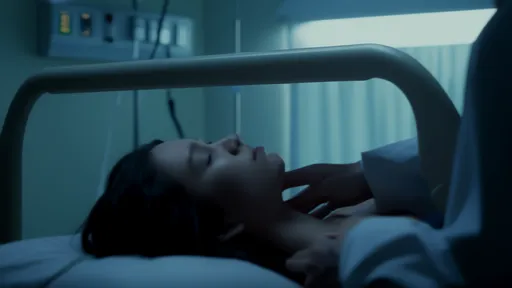
By /Jul 3, 2025

By /Jul 3, 2025
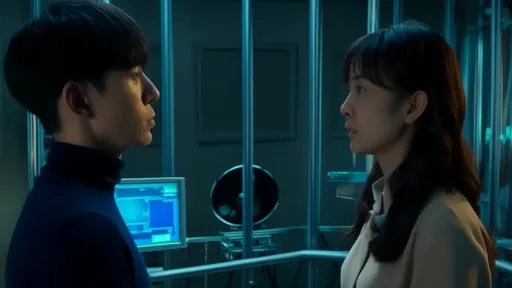
By /Jul 3, 2025

By /Jul 3, 2025

By /Jul 3, 2025
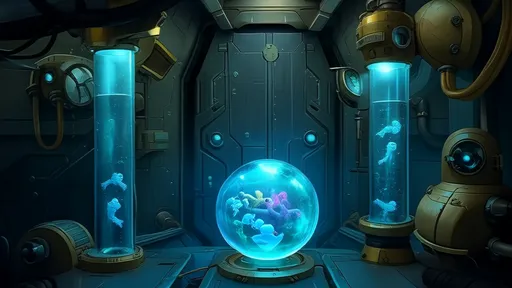
By /Jul 3, 2025
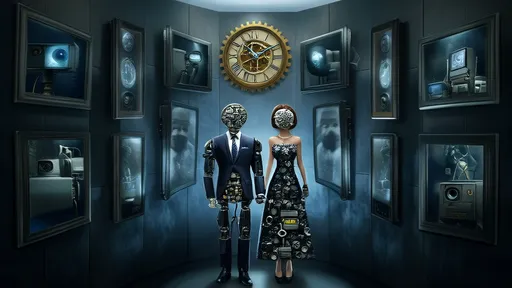
By /Jul 3, 2025
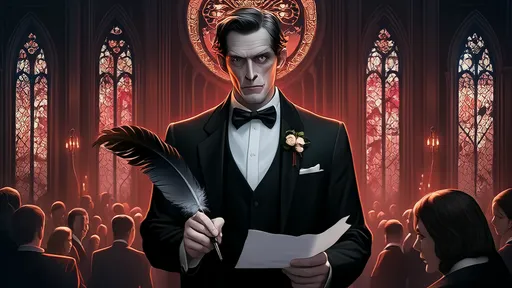
By /Jul 3, 2025
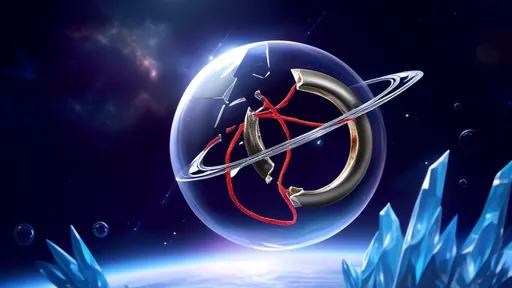
By /Jul 3, 2025
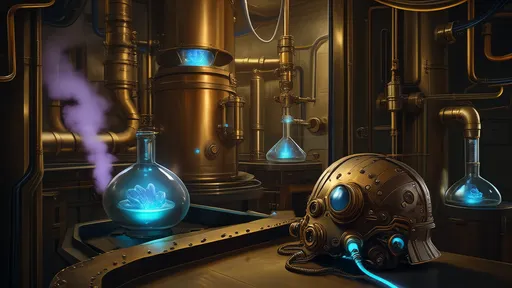
By /Jul 3, 2025
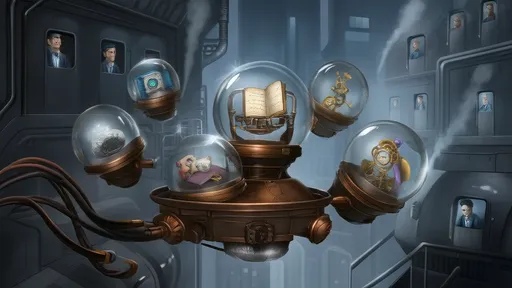
By /Jul 3, 2025
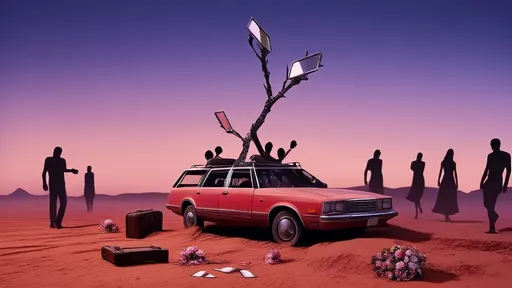
By /Jul 3, 2025
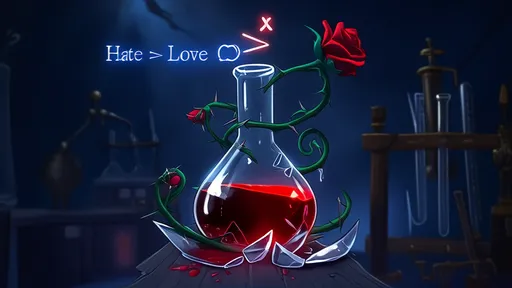
By /Jul 3, 2025

By /Jul 3, 2025

By /Jul 3, 2025

By /Jul 3, 2025

By /Jul 3, 2025
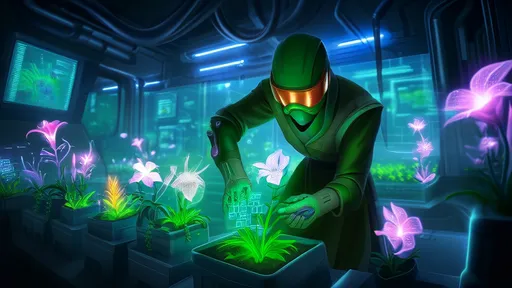
By /Jul 3, 2025
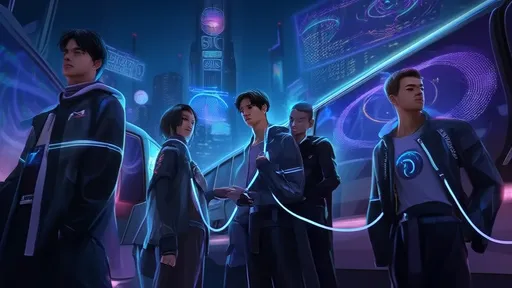
By /Jul 3, 2025